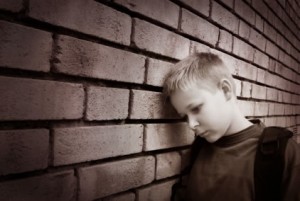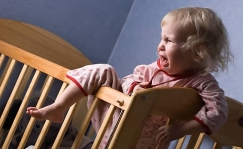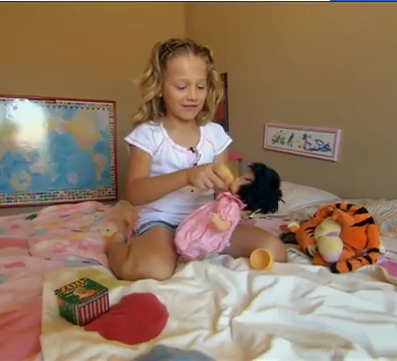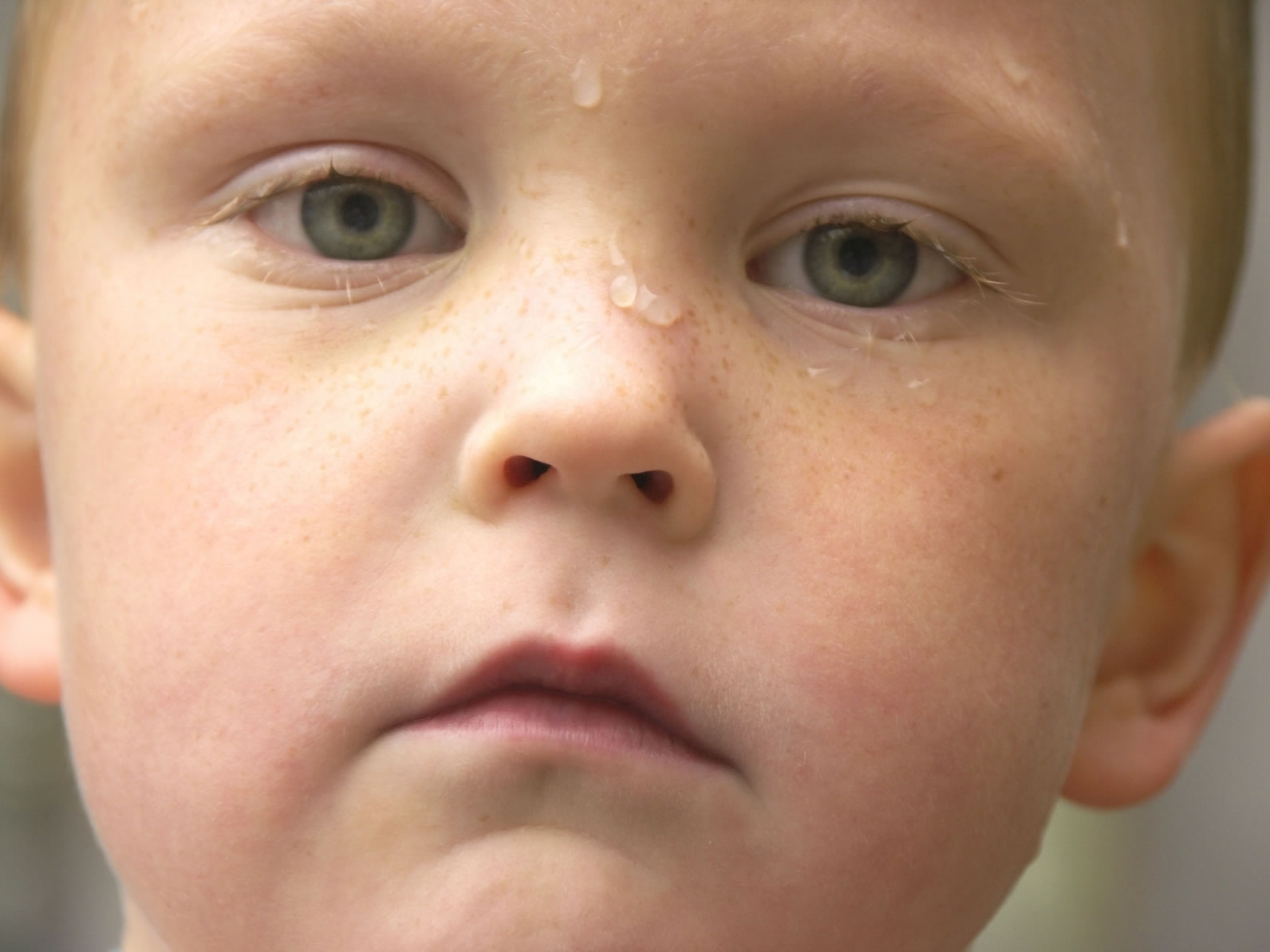Published: December 9, 2009
 Research from the Institute of Psychiatry at King’s has found that negative experiences in childhood may alter not only mental health but also physical health, into middle age and beyond.
Research from the Institute of Psychiatry at King’s has found that negative experiences in childhood may alter not only mental health but also physical health, into middle age and beyond.
A thousand individuals have been followed from birth to age 32 as part of the Dunedin Multidisciplinary Health and Development Study in New Zealand. This latest research from the study suggests that sustained health risks stem from childhood abuse, neglect, social isolation or economic hardship. [continue reading…]
Published: December 1, 2009
 Toddlers are distractible. Their minds flit constantly here and there, and they have a terrible time concentrating on even the most stimulating project. They might be fascinated by a colorful new toy, but only until the next best toy comes along. This can be maddening for parents or teachers, who often try to reign in a toddler’s impulsivity. [continue reading…]
Toddlers are distractible. Their minds flit constantly here and there, and they have a terrible time concentrating on even the most stimulating project. They might be fascinated by a colorful new toy, but only until the next best toy comes along. This can be maddening for parents or teachers, who often try to reign in a toddler’s impulsivity. [continue reading…]
Published: October 29, 2009

As experts consider a review of UK guidelines for treating transgender children, this film follows children in the US who told their parents they were born in the wrong body. link to watch the Channel 4 video and tell us what you think .
Published: October 28, 2009

A group of investigators of the University of Bologna suggest a new way of approaching emotional disturbances in children by improving their psychological well-being. The study is published in the current issue of Psychotherapy and Psychosomatics.
Anxiety, mood disorders and somatoform disorders are among the most prevalent forms of psychological suffering during childhood and adolescence. A specific psychotherapeutic strategy for enhancing well-being (well-being therapy; WBT) has been developed from the multidimensional model of psychological well-being by Ryff. The aim of this study was to apply a modified form of WBT to a child population of patients with mood, anxiety and conduct disorders, and to test its effects in reducing symptoms and in improving new skills and competencies in children. [continue reading…]
 Research from the Institute of Psychiatry at King’s has found that negative experiences in childhood may alter not only mental health but also physical health, into middle age and beyond.
Research from the Institute of Psychiatry at King’s has found that negative experiences in childhood may alter not only mental health but also physical health, into middle age and beyond.


